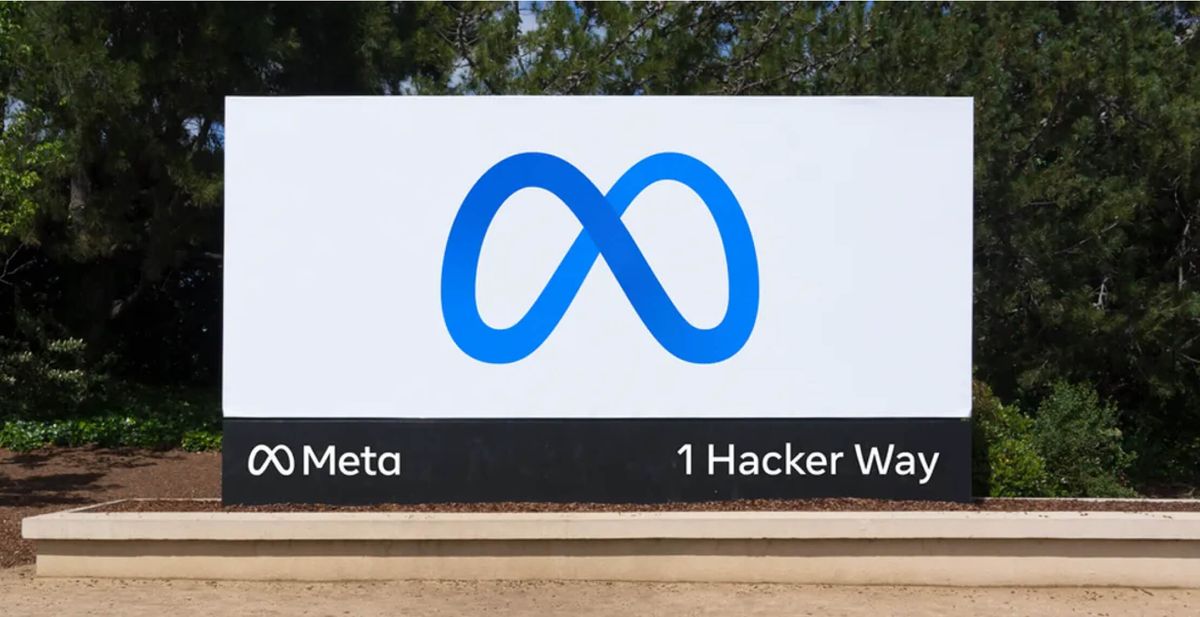
Meta, the parent company of Facebook and Instagram, announced a new global policy that will require advertisers to disclose when political or social issue ads have been digitally altered or created using artificial intelligence (AI). The move aims to curb the spread of misinformation and deception through the use of realistic but fake imagery and audio in paid ads on social media.
Under the new rules, advertisers must reveal if an ad contains a photorealistic image, video, or audio that was digitally created or modified to dramatize an event or put words in someone's mouth. This includes using AI to generate fake media or alter genuine content in a misleading way. Disclosure will be mandatory if the altered media:
- Depicts a person doing or saying something they did not actually do or say
- Shows a realistic but non-existent person or event
- Distorts footage of a real event to misrepresent what transpired
The requirements apply globally to all ads touching on social issues, elections, and politics. Meta stated advertisers do not have to declare minor edits like cropping, color correction, or size adjustments. But disclosure is necessary if changes significantly alter the meaning or implications of the content.
When an advertiser discloses the use of faked or manipulated media, Meta will add a notice to the ad and Ad Library to inform viewers. Advertisers failing to make the required disclosures risk ad rejection and penalties for repeated non-compliance.
The move comes as the use of highly realistic AI-generated media raises new concerns about deception in advertising. While Meta already prohibits misinformation in ads, the new rules provide transparency around the creation process. This gives users more context to evaluate the veracity and integrity of paid political messaging on social platforms.
Some criticize that the policy still allows manipulated media as long as it is disclosed. But Meta stated that all ads must still meet its existing Community Standards, including restrictions on harmful misinformation. The company will also continue working with independent fact-checkers to review and rate content in ads.
As AI technology grows more advanced, platforms like Facebook and Instagram are likely to confront novel challenges around synthetic media in advertising. Meta's disclosure rules represent an early effort to balance free expression with the need for users to understand when political ads employ digital alterations or fabrications. As we move into a new election cycle, the effects of the policy will certainly be closely watched by regulators and experts concerned about the proliferation of AI-generated disinformation.
This policy will go into effect in the new year and will be required globally.

